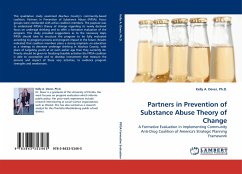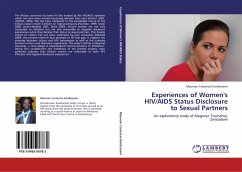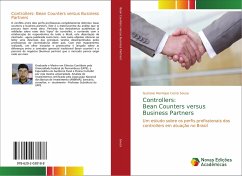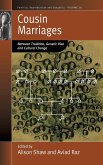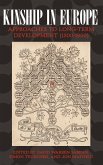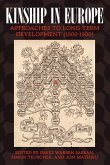In Ireland, family farming retains enormous ideological and cultural significance. As a social form it is one of the last preserves of male dominance in which women's contributions and concerns are largely overlooked. This book breaks new ground as the first major study of Irish farm families in which women are the focus of attention. Little is known of how gender relations actually work themselves out within farm families, or of farm women's understanding of their situation, but even a casual observer would conclude that Irish farm women are not without influence. This volume reveals how contemporary farm women experience life on the family farm (often through their own voices) and how they have managed to create their own spheres of influence, despite their apparent unequal status and invisibility in the male world of agricultures. This study not only makes farm women's subordination explicit, but in discerning the sources and force of their influence within and outside the farm family, it offers a challenge to existing explanations of the evolution of Irish rural social structures. It also suggests that feminist theories of the family need to pay closer attention to the mother's influence on social reproduction.
Hinweis: Dieser Artikel kann nur an eine deutsche Lieferadresse ausgeliefert werden.
Hinweis: Dieser Artikel kann nur an eine deutsche Lieferadresse ausgeliefert werden.



